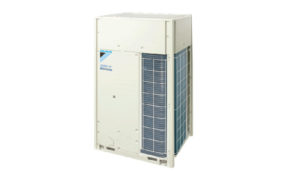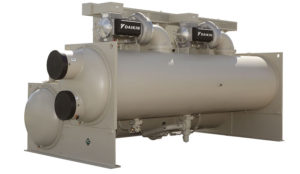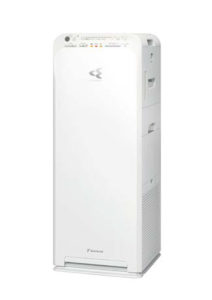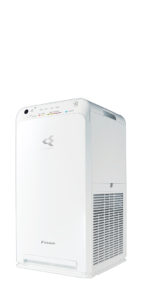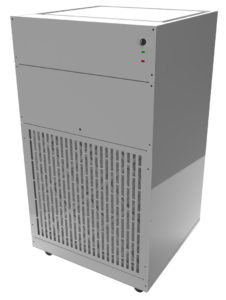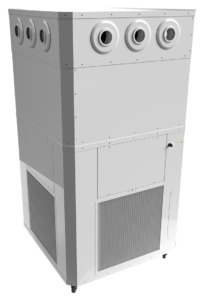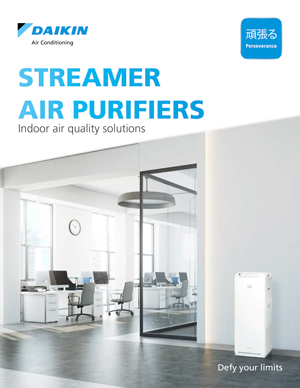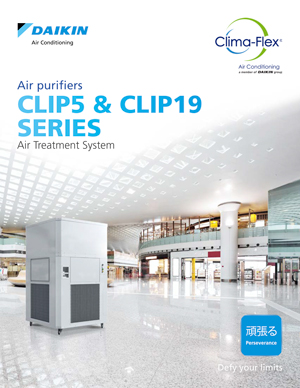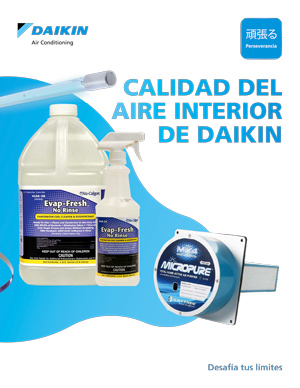in hotels
Can you imagine your vacation in a hotel plagued by allergens, dust particles and other pollutants? When we speak of air quality in hotels, we refer to greater comfort, well-being, health and prestige.
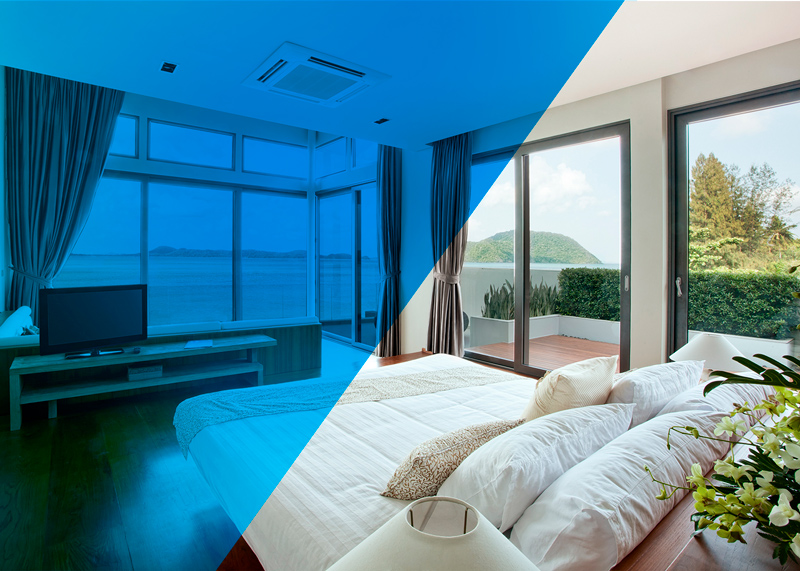
Effects of indoor air quality on guests
Hotels are often classified as high-risk areas for the transmission of airborne viruses. This is due to the high guest turnover rate and high levels of passage in common areas such as restaurants, gyms, swimming pools, and lobbies.
Research warns that pollution in the interior environments of buildings, specifically in hotels, hostels or pensions, can cause health problems of various kinds: fatigue, discomfort, allergies, etc. Among the causes are physical aspects such as relative humidity, temperature or average air speed, even environmental pollutants such as smoke, mineral fibers or resins that can increase the risk of diseases.

Tips for keeping the air clean in hotels
- Continuously renew the stale air in the rooms with clean air in areas like the gyms, bedrooms, indoor pool areas, etc.
- Ensure effectiveness of the ventilation system, especially in toilets and changing rooms.
- Adapt the lighting according to the activity carried out in different spaces and whenever possible, use natural lighting (e.g. in television rooms, massage rooms, etc.).
- Carry out general in-depth cleaning when the hotel has minimal occupancy, thus eliminating microorganisms, improving the quality of the environment.
- Avoid moisture as they cause mold.
- Avoid decorating with certain furniture and materials such as carpets or fabrics, as they trap dust particles more easily, affecting air quality.
- The temperature of the air conditioning in the hotels must be adequate for each space / number of people present.
- Maintenance, cleaning and periodic inspection of the hotel’s air conditioning system, constant ventilation and verification of its operation and effectiveness to provide a good quality of the environment.



